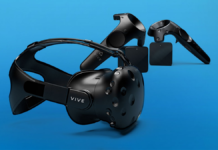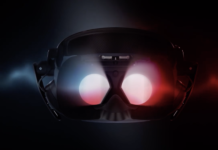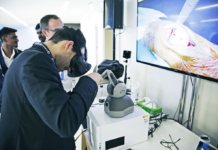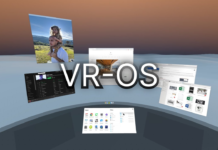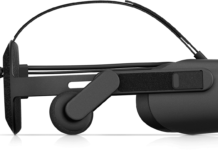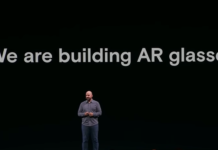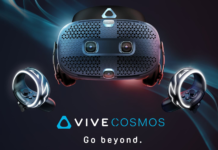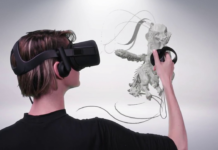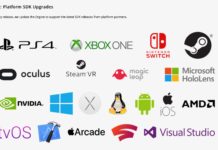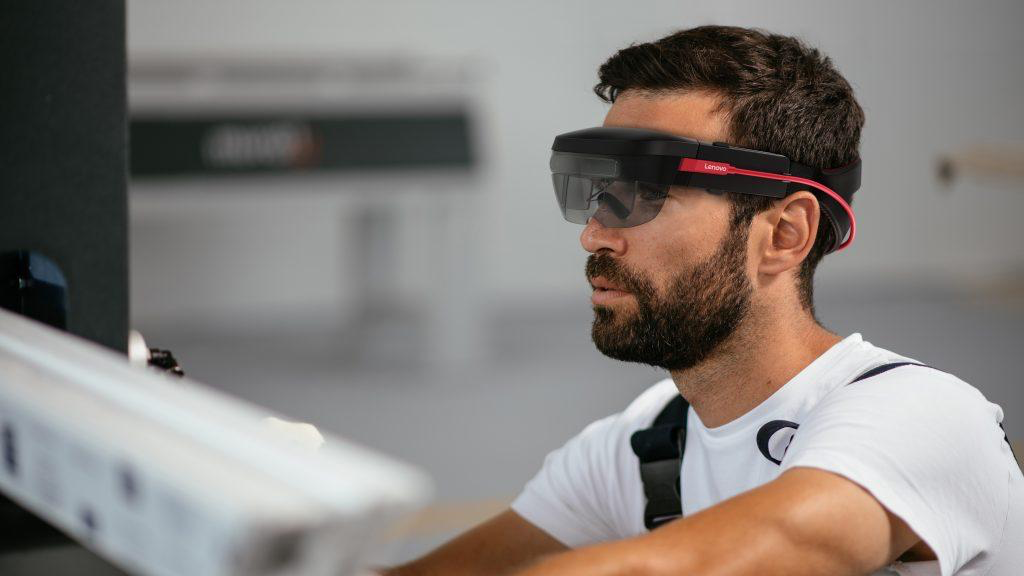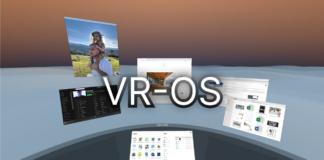Lenovo, one of the biggest tech hardware companies in the world, is planning on making, mass producing, and selling their own augmented reality glasses in the near future. These glasses are going to be targeted at PC business users, as the plan is to give them a view of their workspaces while away from their work computers. This is something that has been long on the mind of PC and Mac users for a long time, and if the timelines hold to be true, it seems as though PC users are going to get the first look and use of this new technology.
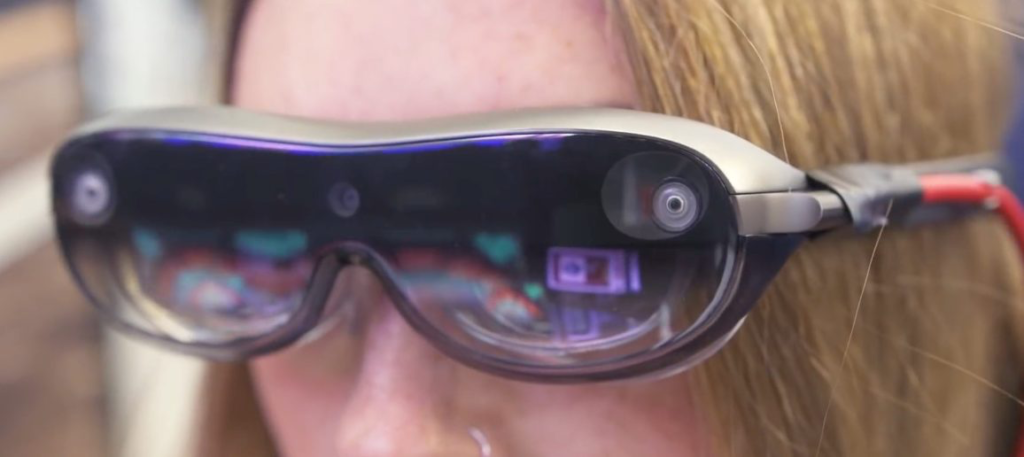
These glasses may look like an odd pair of sunglasses, but their use couldn’t be any more different. This is the first chance for PC users to access their work while away, without having to set up shared servers that are storing all of their work. The reason this tech is coming in the form of glasses and not an easier to access server is the privacy that the AR glasses are going to provide. Lenovo has made it clear that they want users to be able to work in private while they are in a public space.
All of the user’s work files, owned software, and social media is going to be accessible from the glasses, so ensuring privacy is going to continue to be a strong talking point, even after the hardware is released. As for the software in the headset, Lenovo is trying to stay away from making a new computing platform or even making dedicated apps for the headset. This will ensure workers are accessing what they need to, and won’t be bombarded with many more distractions.
The specs of the glasses have yet to be released, but there is a lot we can tell from just checking the photos out and watching the demos that have been released. There is going to be at least three front-facing cameras, likely all with different purposes. Mapping the world out in front of you is going to be key, and that is what those are going to be dedicated to doing. These glasses won’t be wireless either, as you will be connected to a wire that is going to your work laptop. As for the specs of that machine, you will need a ninth gen Intel Core i-7 and a DeFore GTX-Powered machine. The minimum is not clear, but that is going to serve you best.
Lenovo is taking a much simpler approach than the competitors it is going to be pitted against going forward. Microsoft and Magic Leap have tried (and for the most part, successfully) achieved the task of making their own software for their own AR hardware. This isn’t a bad idea, but it makes using the headset a new experience that requires adoption and time to learn. It also adds to the final price of the products. Other companies have focused on making AR a smartphone experience, making it something that is always available, as long as you have your phone.
Lenovo is aiming to simplify your process, and the glasses will essentially act as an extra screen or two while working on your private projects in public. It isn’t going to change the way you get from point A to point B in the city, and it won’t change how you communicate on your commute, but it will change the way you work outside of the office. This is likely going to be very successful for Lenovo. For more AR and VR community updates, make sure to check back at VRGear.com.




